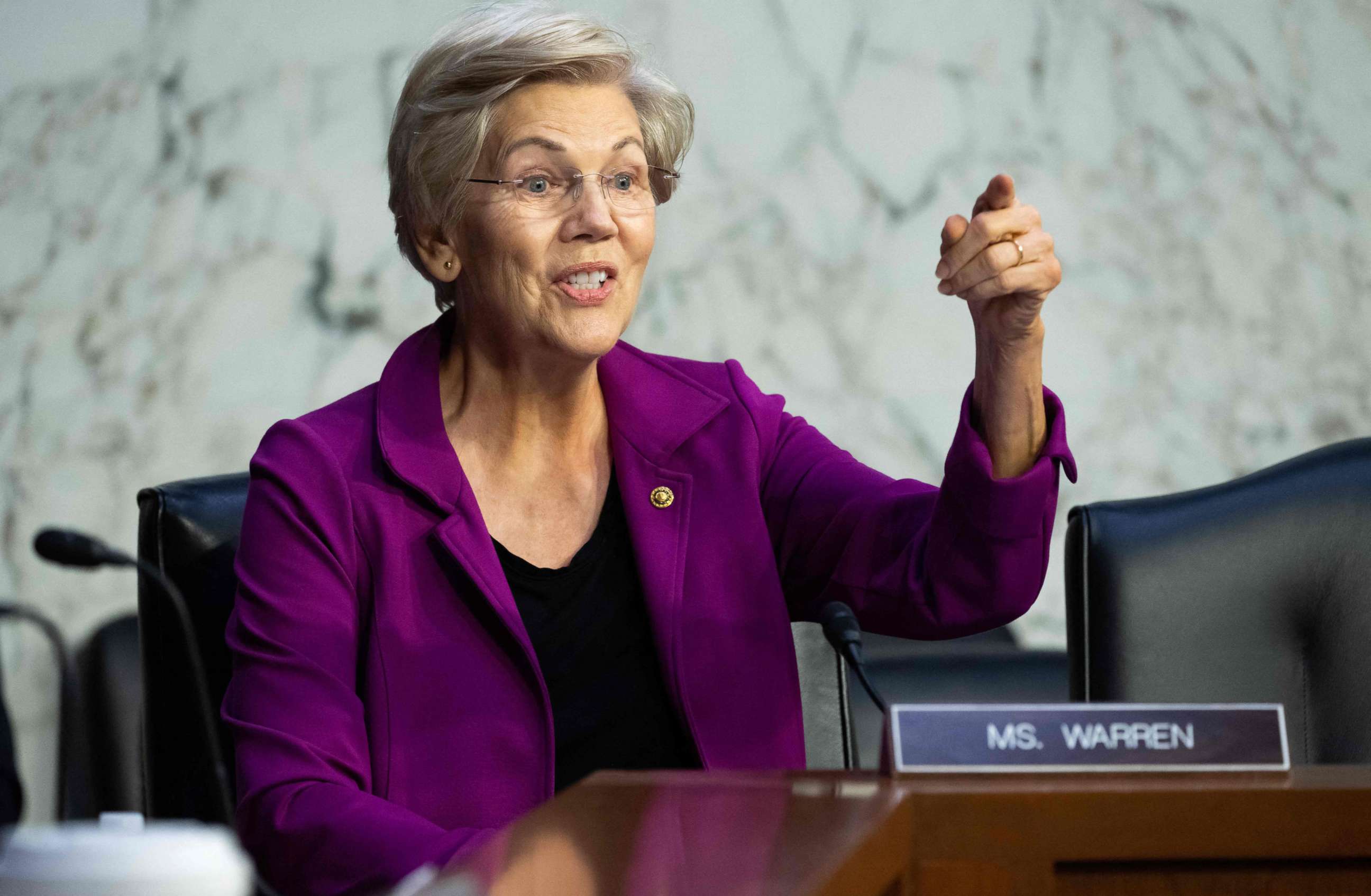Sen. Elizabeth Warren calls out stalled housing program aimed to help hurricane survivors
FEMA said it was reviewing the matter.
With Hurricane Ian making landfall in Florida on Wednesday, Sen. Elizabeth Warren, D- Mass., and Rep. Adriano Espaillat, D-N.Y., pressed the Biden administration for details about a much-delayed housing program that they said was intended to be up-and-running by this hurricane season to help low-income people displaced by disasters, a letter obtained exclusively by ABC News shows.
The Disaster Assistance and Supportive Housing program, or DASH, was supposed to launch by March 2022 with the goal of subsidizing housing for people who lose their homes to hurricanes, wildfires or other disasters, and giving longer-term assistance in finding new housing in the aftermath.
But the program has yet to launch, Warren and Espaillat wrote in a letter to agency leaders, requesting an update.
"We are concerned that despite [Federal Emergency Management Agency] and [the Department of Housing and Urban Development]'s intention of making the program available for the 2022 Atlantic hurricane season, which is expected to produce above-normal storm activity, program implementation appears to have stalled," Warren and Espaillat wrote.
Asked about the program's delays and a timeline for the rollout, FEMA spokesperson Jaclyn Rothenberg said the agency was "reviewing the letter."

Warren and Espaillat called for an update from FEMA and HUD by mid-October.
"Year after year we are devastated by hurricanes, floods, and other natural disasters and year after year we are ill-prepared to meet the needs of the affected communities," Warren said in a statement to ABC News.
"As we begin the 2022 hurricane season, I am urging FEMA and HUD to act quickly to implement the DASH program so that no families, no matter their income, fall through service gaps in existing disaster relief programs."
Warren and Espaillat said the new housing program has been deemed "essential" by housing advocates who say FEMA's existing programs have " left low-income survivors vulnerable."
Just last week, Hurricane Fiona left the entire island of Puerto Rico without power and killed at least four people, with more potentially killed by indirect effects of the storm. The devastation showed the remaining need for hurricane relief leftover from Hurricane Maria, which hit the island five years ago.
"We are living in a time where our communities are under-prepared when natural disasters strike as we recently witnessed with Hurricane Fiona—and this is completely unacceptable," Espaillat said in a statement to ABC News.
Warren and Espaillat also argued in the letter that other communities of color would become victims of more climate change-related natural disasters in the future, and that government assistance could alleviate the effects.
"Given that climate change is resulting in a rapidly increasing number of natural disasters, which disproportionately impact low-income communities of color, we are concerned that the delay in activating DASH will result in more harm and slower recoveries for marginalized communities," they wrote.



